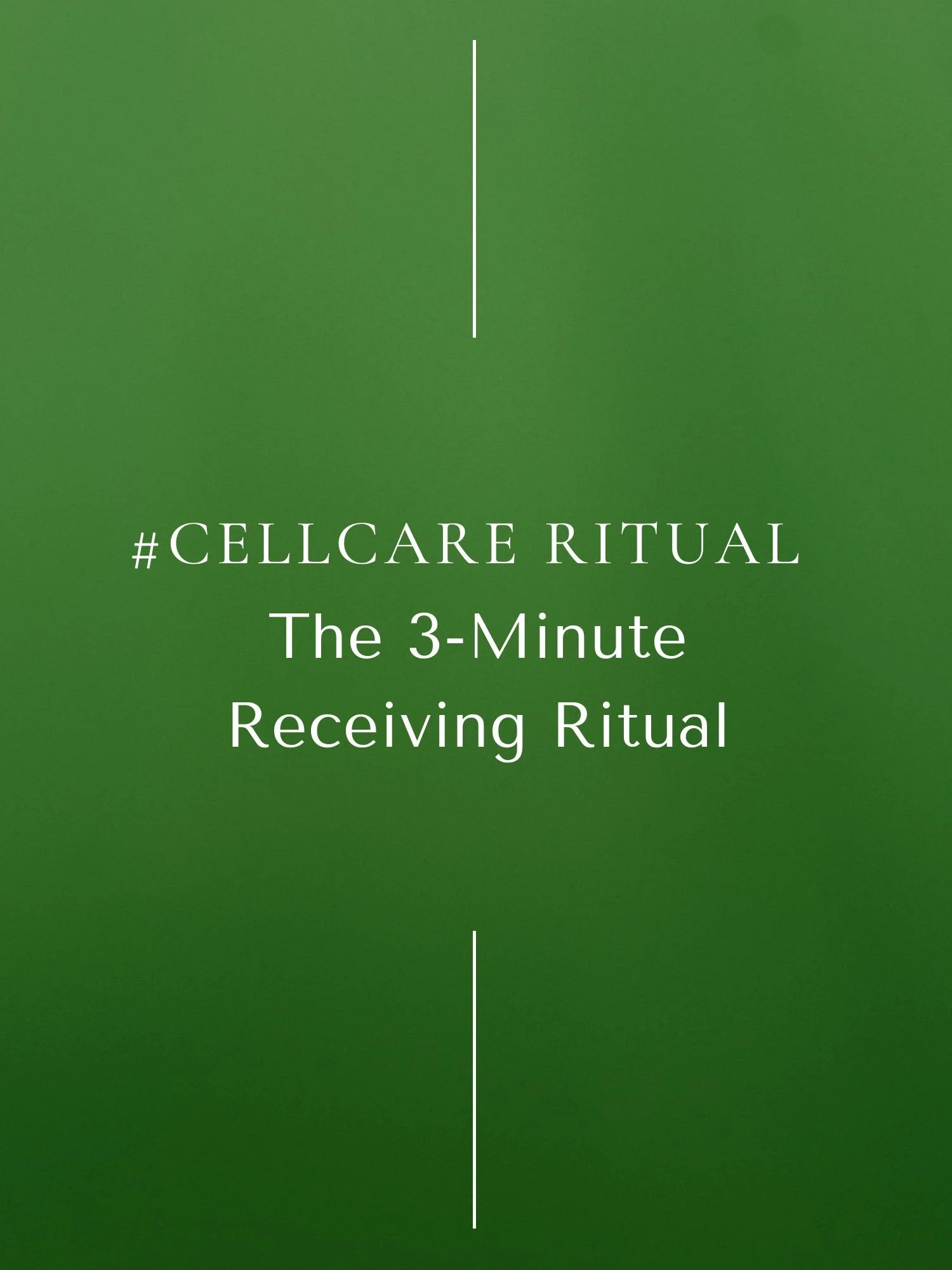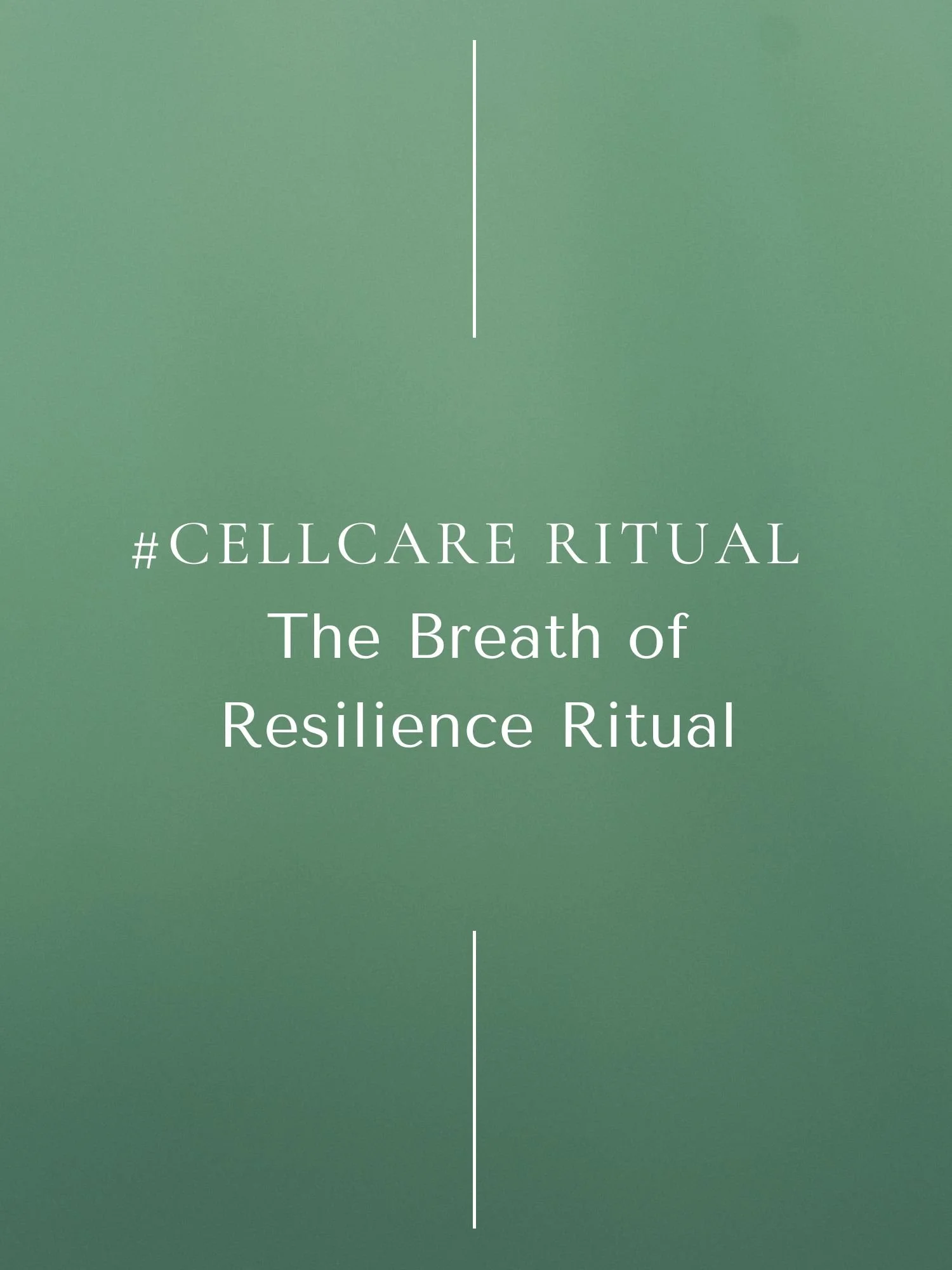How Effective is Intermittent Fasting as a Health Biohack?
Have you ever thought, how is it possible to go a few hours and skip a meal? Are we so programmed to wake up and have breakfast by 8, lunch by 12 and dinner by 6. In between this, we continually snack on whatever may be in front of us. This programming has been embedded in us from the time we were born. It is true as children we need to get the right amount of nutrients and eat more frequently, but as adults how does that transpire into the rest of our lives.
WHAT IS THE IMPACT OF INTERMITTENT FASTING ON OBESITY?
We stop looking at food as medicine and a form of nutrition that our body requires to optimally function, but more of a habit we have created where we just like to eat. This has led to a worldwide epidemic of obesity. In fact, 72% of American adults are overweight while 40% of American adults are obese. Being overweight and obese has a profound impact on our health, leading too many chronic illnesses such as diabetes, heart disease, stroke and certain types of cancer.
I will be the first to admit, I love trying new cuisines from all over the world. However, I have chosen to make food my friend that will support me in everything I want to accomplish in life and not the enemy that will take anything away from me. In my teens, college days and even through medical school, the focus of food was not about what is it doing our body, but how does it taste and how quickly can I get it.
ARTICLE CONTINUES BELOW
In the hospital environment, it is common for drug companies to bring you free lunches. Now these free lunches, we're not usually salads or fruit. They were pizza and Chinese food, sometimes chicken wings and submarine sandwiches. Yes, you heard that right. The same companies that teach us about the next cholesterol or blood pressure medication on the market, are also a contributing factor in developing the disease for the drug they are promoting to their doctors. Does that sound right to you? I don’t recall over the last 20 years anyone really questioning it. I mean after a long shift, taking care of endless patients, we were happy to have a free meal in front of us. However, a free meal does not come without a cost. I know you have heard that saying before.
INTERMITTENT FASTING IS A LIFESTYLE, NOT A DIET
So, what does all of this have to do with intermittent fasting? Well, if you are like anyone else, you have tried some kind of diet in the past and it has not worked. Once you were off the diet, you regained the weight, or you found the diet to be too restricting. A regular person tries dieting on average five times a year. This is why I would like to introduce you to the concept of intermittent fasting, especially if you have tried to lose weight in the past and even if you have not. There are many types of fasting, so let's break down the most common ones, how you do them and what are the health benefits.
TYPES OF INTERMITTENT FASTING
16/8 Method also known as Time-Restricted Fasting: During this method, you fast for 14-16 hours and eat during a smaller window of 8-10 hours. I have found this one to be the easiest to maintain as you can fit all 3 of your meals into a shorter time period. For example, you have your first meal at 12 pm and your last at 8 pm. In between if you are hungry you can eat. There is no calorie counting involved, but you want to eat nutrient dense food so you are getting everything your body needs. During the other hours if you feel hunger, you drink water, tea, or black coffee (zero calories). As this is done every day, it becomes part of your routine and is easy to remember and maintain. I will tell you up front. This is the one I do because I like routine and I like things simple.
5:2 Method: In this method, also known as The Fast Diet you eat normally for 5 days and during 2 days in between you restrict your intake to 500 (for women) - 600 (for men) calories. No studies have shown benefit for this particular method, and I have found that this is harder to follow, especially if you are person of routine.
24 Hour Fast: During this method you fast for an entire 24 hours once or twice a week. This method also has its challenges, as once you're fast is over, you may overeat. However, gaining that 24 hours will help autophagy in your body (I will talk about that a little bit later).
Alternate Day Fasting: In the alternate day fast, you eat normally one day and then alternate with either a 24 hour fast or only eating a few hundred calories. Once again, this requires quite a bit of coordination to know which day you are eating, especially if you meet clients or enjoy going out to eat. You want to be able to enjoy time with friends but may find it restricting as it is your fasting day.
Spontaneous Meal Skipping: This is a less structured form of fasting, where you eat when you are hungry. Therefore, on random days and with random meals you can skip eating. This may reduce your calorie intake, but not if you over eat on your other meals, and you are not getting the truth health benefits that come from fasting.
WHERE SCIENCE MEETS WELL-BEING. LET US TAKE A LOOK AT WHAT THE RESEARCH REALLY TELLS US ABOUT INTERMITTENT FASTING
As you have seen many people lose weight from diets, only to regain it back. There was a study published in the Journal of Obesity which followed the participants of the Biggest Loser after 6 years of their weight loss. It found that most of them had regained their weight and also slowed their metabolic rates. The hormones that cause you to feel hunger and regain weight we're very active. It is possible that intermittent fasting may circumvent this process, allowing you to actually loose the weight and keep it off.
A review of the literature found that over 3-24 weeks, intermittent fasting can help you loose 3-8% of your body weight and 4-7% in waist circumference.
The health benefits go beyond just losing weight, and will vary from individual to individual. A 2009 study from the American Journal Of Clinical Nutrition found that short term modified alternate day fasting found that obese adults lost 12 pounds as well as lowered their LDL, total cholesterol and systolic blood pressure.
Time restricted fasting promotes a process called “autophagy” which helps remove toxins and debris from our cells, supporting the health of our mitochondria. Mitochondria are small organelles found in most cells that generate ATP, our source of energy. So, if you think about it this way, we are basically helping our cells produce more energy by fasting. Autophagy is best after at least a minimum 12-hour period of fasting. If you break that fast with even a small meal of 100-200 calories, you are breaking that process.
Intermittent fasting may lower insulin levels, increase norepinephrine and growth hormone which assists in the fat metabolism and breakdown. Essentially, this short-term type of fast can increase your metabolism up to 14%.
As we age, our body is exposed to more oxidative stress, resulting in unstable free radicals which cause inflammation and many of the disease we see commonly. A number of studies have shown that intermittent fasting can reduce this oxidative stress and overall inflammation in our body.
There are animal studies which have shown that intermittent fasting can prevent cancer and human studies have demonstrated that the side effects of chemotherapy can be reduced with fasting.
Intermittent fasting may help you sleep better, reduce night time awakenings and decrease leg movements. When we eat late at night, our body is in the process of digestion which interrupts true restful restorative sleep. Personally, I have tested this out using a sleep device, where I found that late night eating disrupted the amount and quality of light, deep and REM sleep.
One the most fascinating studies I have seen demonstrates that intermittent fasting may increase levels of a brain hormone called BDNF (brain-derived neurotrophic factor), which has been associated with depression and other brain problems. The studies show that there is growth of new neurons (our brain cells) that can help protect the brain from damage and be protective against neurodegenerative diseases such as Alzheimer’s.
Lastly, could intermittent fasting help you live longer? Well early animal studies suggest intermittent fasting could extend lifespan.
All in all, intermittent fasting is not for everyone. Individuals who have a history of eating disorders, are on diabetic medications, and are trying to become pregnant are not ideal candidates and should avoid intermittent fasting.
If you are beginning to think intermittent fasting is just another fad on the market, fasting has actually been around for centuries. During Lent, Catholics, may give up a certain food or practice fasting. Muslims fast during the season of Ramadan. Fasting does not need to be associated with a religion either. In Switzerland, there is a Fast of Geneva which is a day of fasting as a public holiday. Buddhists may fast during times of intense meditation. In some parts of India, married women undertake a fast for the well-being, prosperity, and longevity of their husbands known as Karwa Chauth. These are just to name a few from around the world.
So how did I get from talking about the fact that even as doctors, we do not necessarily learn how to eat the right food or how to be healthy ourselves to intermittent fasting? It is my lifelong fascination with the human body, and why one person develops a disease and another does not. Having an illness is no small challenge in one’s life. It can change the entire world around us. Our bodies are not the same in our 20s, 40s, 60s, and beyond. There are constant changes going on in the cellular level, and we need to figure out how to make the best of the one body we have been given.
If you are considering trying intermittent fasting for any of the reasons provide above, I highly recommend you talk to your healthcare provider so you are getting the adequate nutrition your specific body needs. This is important so you can be guided as your body adapts to this new way of being. As always, my office is open for both in-person and virtual consultations.
MAKE A DIFFERENCE BY SHARING THIS ARTICLE WITH OTHERS TO ENCOURAGE WELLBEING ⤵
REFERENCES:
Fothergill E, Guo J, Howard L, Kerns JC, Knuth ND, Brychta R, Chen KY, Skarulis MC, Walter M, Walter PJ, Hall KD. Persistent metabolic adaptation 6 years after "The Biggest Loser" competition. Obesity (Silver Spring). 2016 Aug;24(8):1612-9.
Zauner C, Schneeweiss B, Kranz A, Madl C, Ratheiser K, Kramer L, Roth E, Schneider B, Lenz K. Resting energy expenditure in short-term starvation is increased as a result of an increase in serum norepinephrine. Am J Clin Nutr. 2000 Jun;71(6):1511-5.
Qasrawi SO, Pandi-Perumal SR, BaHammam AS. The effect of intermittent fasting during Ramadan on sleep, sleepiness, cognitive function, and circadian rhythm. Sleep Breath. 2017 Sep;21(3):577-586.
Lee J, Duan W, Long JM, Ingram DK, Mattson MP. Dietary restriction increases the number of newly generated neural cells, and induces BDNF expression, in the dentate gyrus of rats. J Mol Neurosci. 2000 Oct;15(2):99-108.
Goodrick CL, Ingram DK, Reynolds MA, Freeman JR, Cider NL. Effects of intermittent feeding upon growth and life span in rats. Gerontology. 1982;28(4):233-41.
The information on this website has not been evaluated by the Food & Drug Administration or any other medical body. We do not aim to diagnose, treat, cure or prevent any illness or disease. Information is shared for educational purposes only. You must consult your doctor before acting on any content on this website, especially if you are pregnant, nursing, taking medication, or have a medical condition. Our content may include products that have been independently chosen and recommended by Dr. Monisha Bhanote and our editors. We may earn a small commission if you purchase something mentioned in this article.
YOU MAY ALSO LIKE:
by Dr. Monisha Bhanote
✅ EVIDENCE-INFORMED REVIEWED ARTICLE












